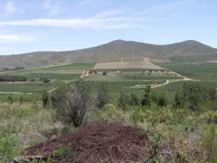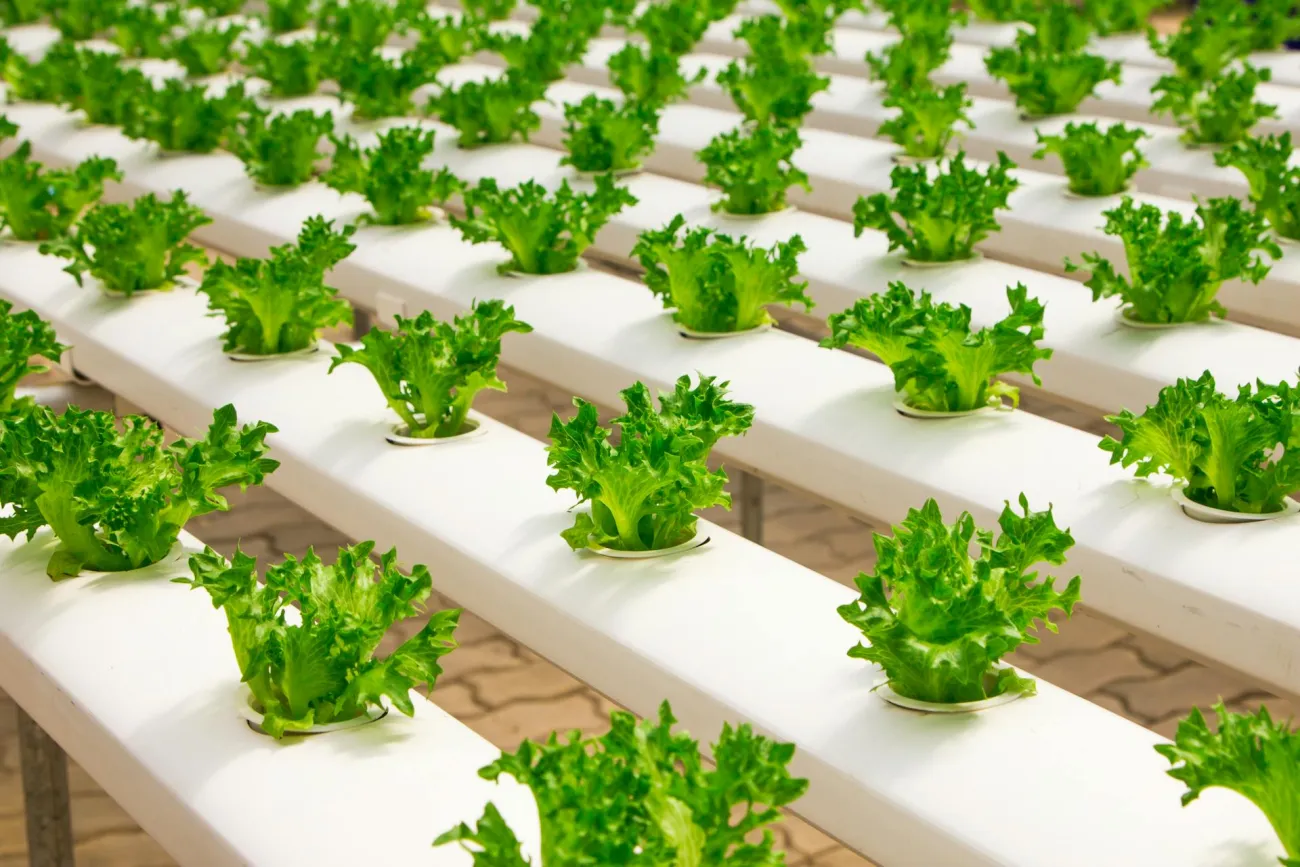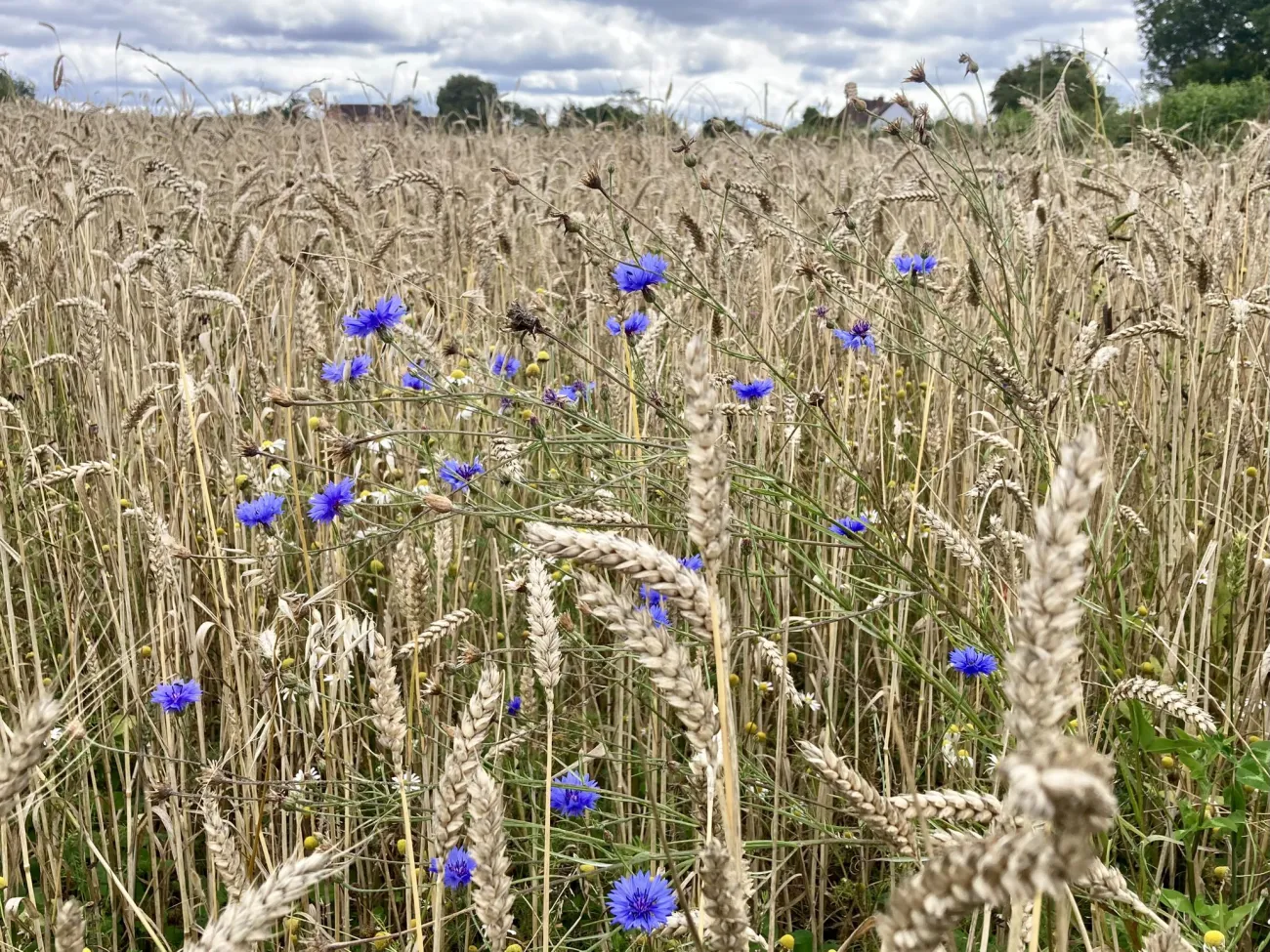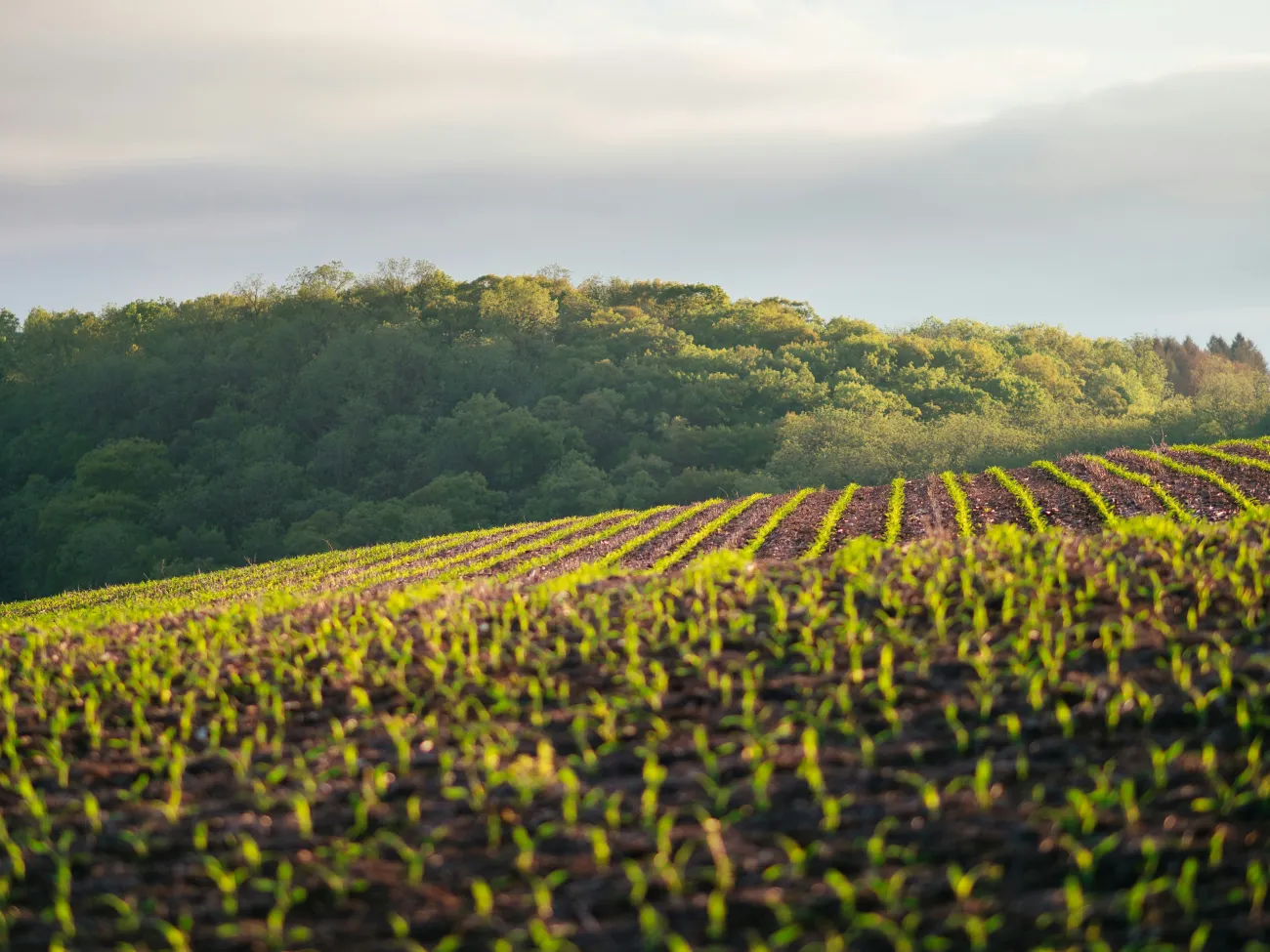This paper focuses on how countries can take practical steps to adapt their agriculture to climate change even in the face of considerable uncertainties in the climate models as to how change will play out on the ground for farmers. Amid fears of wasted investments and imprecise science (which themselves become politically motivated excuses for inaction), it shows how countries can adopt a ‘regret-free’ approach to adapting agriculture to climate change – actions that will benefit farmers and society regardless of specifically how and when climate change plays out on the ground. The paper notes that this very uncertainty often becomes an excuse for inaction.

The study, entitled Addressing uncertainty in adaptation planning for agriculture, is co-authored by researchers from the CGIAR Research Program on Climate Change, Agriculture and Food Security (CCAFS), the International Water Management Institute (IWMI), the International Center for Tropical Agriculture (CIAT), the International Livestock Research Institute, and the universities of Oxford, Leeds, and Reading. The paper uses examples from the CCAFS program’s recent work in the developing world to illustrate how some countries have pursued climate change adaptation strategies to safeguard food and farming, even when information was weak.
In Nicaragua, scientists have managed to predict a "narrow niche" where Arabica coffee production will still be viable as temperatures rise, which allows farmers to prepare to relocate to cooler areas, or else switch to similarly profitable crops. In Sri Lanka, faced with conflicting projections about future rainfall, the government focused on regions that have historically been more vulnerable to water problems. Their approach was to invest in tried and tested methods for farmers to collect and use rainwater, which would benefit farmers in the short and long term.
The analysis shows how decision-makers can sift through the different gradients of scientific uncertainty to understand where there is, in fact, a general degree of consensus and then move to take action. Moreover, it encourages a broader approach to agriculture adaptation that looks beyond climate models to consider the socioeconomic conditions on the ground. These conditions, such as a particular farmer’s or community’s capacity to make the necessary farming changes, will determine whether a particular adaptation strategy is likely to succeed. The paper particularly underlines the importance of political will in driving forward adaptation.
The paper presents a framework for prioritizing adaptation approaches at a range of timeframes. The framework is illustrated by four case studies from developing countries, each with associated characterization of uncertainty. Two cases on near-term adaptation planning in Sri Lanka and on stakeholder scenario exercises in East Africa show how the relative utility of capacity vs. impact approaches to adaptation planning differ with level of uncertainty and associated lead time. An additional two cases demonstrate that it is possible to identify uncertainties that are relevant to decision making in specific timeframes and circumstances. The case on coffee in Latin America identifies altitudinal thresholds at which incremental vs. transformative adaptation pathways are robust options. The final case uses three crop–climate simulation studies to demonstrate how uncertainty can be characterized at different time horizons to discriminate where robust adaptation options are possible. The paper finds that impact approaches, which use predictive models, are increasingly useful over longer lead times and at higher levels of greenhouse gas emissions. It also finds that extreme events are important in determining predictability across a broad range of timescales. The results demonstrate the potential for robust knowledge and actions in the face of uncertainty.
The citation and abstract are as follows:
Vermeulen S J, Challinor A J, Thornton P K, Campbell B M, Eriyagama N, Vervoot J M, Kinyangi J, Jarvis A, Läderach P, Ramirez-Villegas J, Nicklin K J, Hawkins E and Smith D R (20130. Addressing uncertainty in adaptation planning for agriculture PNAS vol. 110 no.21. doi:10.1073/pnas.1219441110.
You can download the paper here.
For coverage of the article by CCAFS see here. For more about the CCAFS programme (one of the FCRN’s two funders, together with the Oxford Martin Programme on the Future of Food ) see here.




Comments (0)